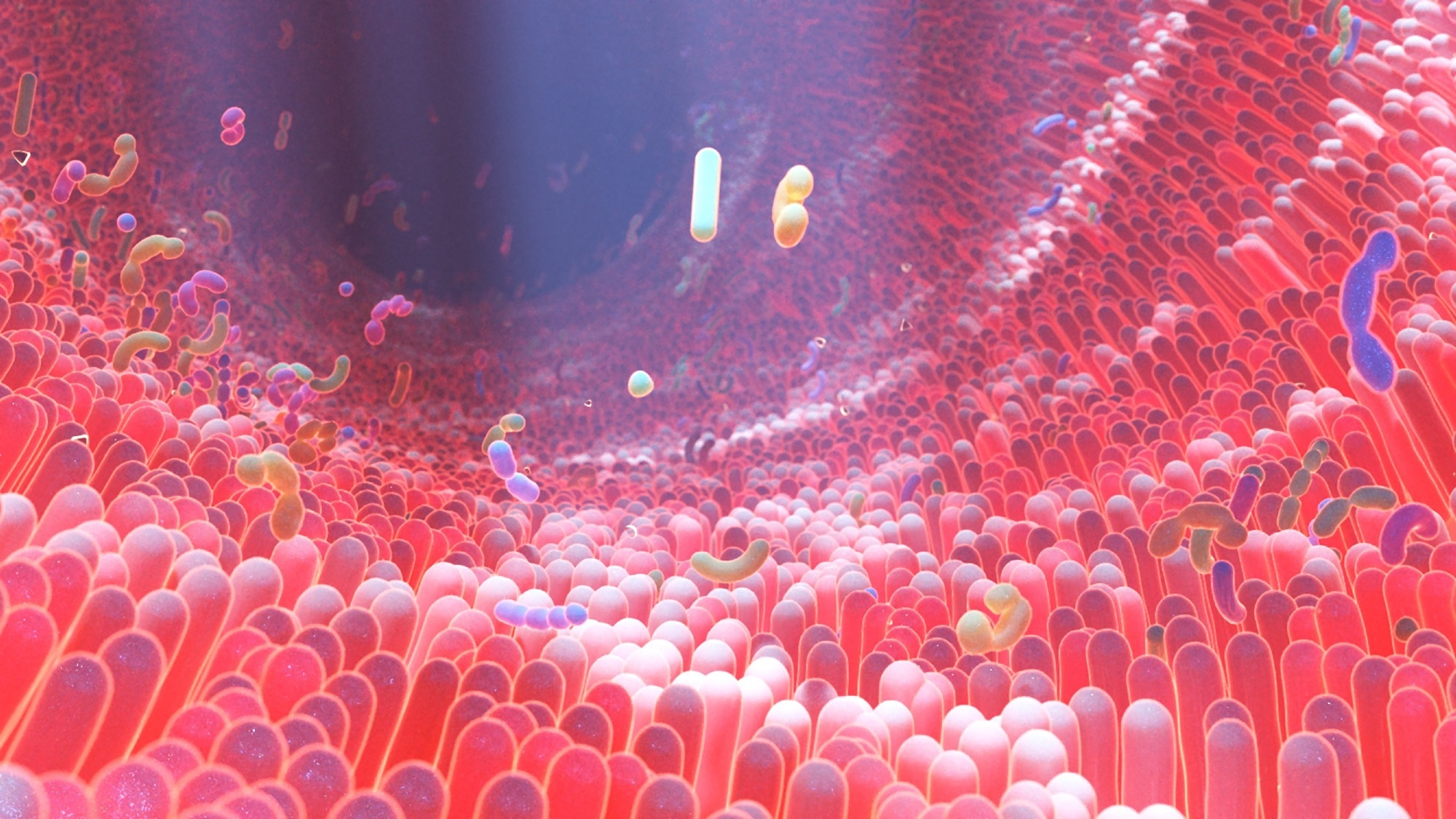What is the function of micronutrients in COVID-19 recovery?

[ad_1]
In a latest research revealed within the Worldwide Journal of Molecular Sciences, researchers assessed the operate of micronutrients and metabolites derived from intestine microbiota in coronavirus illness 2019 (COVID-19) restoration.

The supply of ample micronutrients and intestine flora in homeostasis are two of the various optimistic advantages of a balanced food regimen on well being. Nutritional vitamins and minerals present an immunoregulatory operate and take part in biochemical reactions as cofactors and coenzymes; in distinction, the intestine microbiota and its metabolites management the cell response straight and not directly by means of their interactions with host receptors. The possible causes of this susceptibility are food regimen and intestine microbiota make-up. Its supplementation may also help reestablish microbial stability and enhance the immune response to extreme acute respiratory syndrome coronavirus 2 (SARS-CoV-2) an infection and restoration.
Function of Micronutrients in COVID‐19 An infection and sequelae
The current research examined how micronutrients and microbiomes have an effect on COVID-19 an infection threat, illness severity, and sequelae.
By way of T-cell alterations and the immunological response mediated by antibodies, micronutrient deficiency inhibits the immune response. In respiratory illness, nutritional vitamins lower the mobile burden and viral antigen expression, lower mitochondrial antiviral signaling (MAVS) and interferon regulatory issue 3 (IRF3) gene expression, and enhance nuclear factor-κB (NF-κB) expression. Nonetheless, ample vitamin consumption controls each immune responses and, in some circumstances, reduces the chance of infections by inhibiting the manufacturing of pro-inflammatory cytokines like tumor necrosis factor-alpha (TNF-α).
Interleukin 6 (IL-6) and interferon (IFN) also can reduce the frequency, severity, and hazard of dying from infections like COVID-19. The severity of the sickness is set by the immune system’s immediate response to this an infection; as such, micronutrients operate as immunoregulators and are related to the immune system’s response to COVID-19 an infection.
Nutritional vitamins D, C, and B, in addition to some minerals like Zinc, are micronutrient dietary supplements which have a positive influence on respiratory sicknesses, sepsis, and even COVID-19. Consequently, the remedy of those sufferers should embody a method for monitoring dietary standing and a particular food regimen to counteract post-COVID-19 micronutrient deficits.
Water‐Soluble Nutritional vitamins
Relying on the physique’s requirement, vitamin C serum concentrations would possibly quickly drop throughout infections. Excessive intravenous doses reduce the severity of respiratory tract infections brought on by COVID-19 in people when it’s supplemented. Notably, ascorbic acid can management how SARS-CoV-2 enters its goal cells since it will probably lower the manufacturing of angiotensin-converting enzyme-2 (ACE-2) within the alveolar epithelial cells. Moreover, vitamin C deficiency has been related to COVID-19 affected person signs reminiscent of fatigue, ache, cognitive issues, and melancholy. Intravenous supplementation of vitamin C improves, minimizes, and relieves COVID-19 and post-COVID-19 signs, though further analysis is required to pinpoint the exact benefits and dosages required.
Fats‐Soluble Nutritional vitamins
Like vitamin C, the pool storage of retinoic acid is rapidly depleted in response to viral load, resulting in fever. There was no analysis on the influence of vitamin A on COVID-19 or post-COVID syndrome sufferers, regardless of claims about how nicely it modulates the immune system and viral replication. Lack of vitamin D permits SARS-CoV-2 to persist and replicate within the host. As well as, in comparison with gentle COVID-19 signs, extreme COVID-19 signs had been related to vitamin D shortages.
Latest research have proven that extreme COVID-19 sufferers with vitamin D deficiency have altered cytokine storms resulting from adjustments within the synthesis of cytokines like IL-6, IL-8, IL-12, TNF-alpha, and IFN-gamma. Vitamin E could also be an important regulator on this illness due to its means to scale back reactive species throughout lively SARS-CoV-2 an infection effectively.
Water and Electrolyte Imbalance
Dehydration, diarrhea, and vomiting are threat elements related to fluid distribution and electrolyte imbalance and are often current in most extreme COVID-19 sufferers. Moreover, chest ache and coronary heart palpitations are the 2 predominant cardiovascular signs that COVID-19 sufferers report. Researchers found a substantial relationship between the 2 sicknesses since heart problems (CVD) is usually reported by these with COVID-19.
The affiliation might be defined by the principal route by means of which SARS-CoV-2 enters the human host, the ACE-2 receptor, a part of the renin-angiotensin-aldosterone system (RAAS). Moreover, one of many foremost causes of coronary heart failure is RAAS. Consequently, it’s acceptable to say that COVID-19 aggravates and precipitates early-onset CVD. As well as, sufferers who’ve already had CVD could purchase a extra extreme type of COVID-19, which might considerably negatively influence their means to recuperate from the post-COVID-19 syndrome.
Intestine Microbiota within the COVID‐19 An infection and sequelae
The workforce additionally decided that SARS-CoV-2-infected folks have larger opportunistic infections, reminiscent of Actinomyces, Streptococcus, and Rothia. A destructive hyperlink was discovered between Faecalibacterium prausnitzii and Bifidobacterium bifidum, which additionally has immunomodulator potential and important anti-inflammatory capabilities that help the host protection. Opportunistic pathogens like Collinsella, Coriobacteriaceae, Enterococcaceae, and Staphylococcaceae are noticed within the intestine microbiota of crucial COVID-19 sufferers. These pathogens are related to higher well being circumstances as a result of they produce short-chain fatty acids, however their manufacturing is considerably decreased in COVID-19 sufferers. Resulting from their inherent resistance to numerous medicines and their speedy adaptability to chemotherapy, this huge variety of microorganisms could have an effect on the scientific situation of the sufferers.
General, the research demonstrated the proof of the importance of micronutrients within the immune system’s management of viral infections, notably SARS-CoV-2, and confirmed their significance as a therapeutic help instrument.




